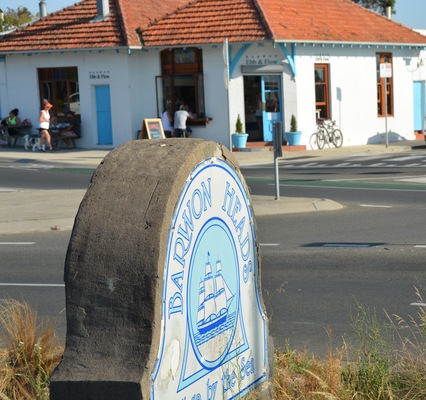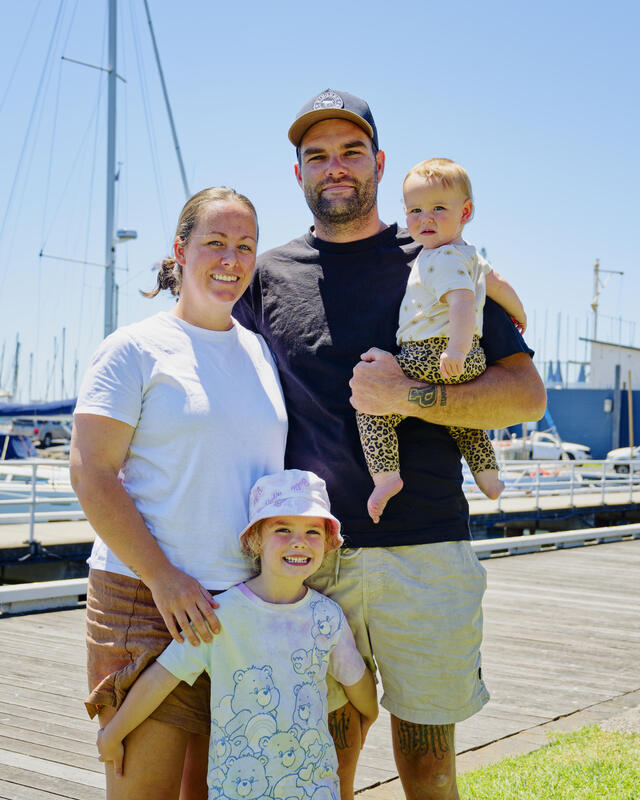A Senate inquiry into incidences of cancer on the Bellarine Peninsula began last week.
Local group Discovery 3227, led by Barwon Heads resident Ross Harrison, is concerned about the link between young adults in the town who have died from, or are suffering from, lymphoma and blood cancers and the historic pest spraying by local council.
The inquiry was promised by both major parties at this year’s federal election.
Earlier this year, in response to community concerns about a suggested ‘cancer cluster’ on the Bellarine, the Chief Health Officer conducted an assessment of available epidemiological data.
The assessment found no evidence of higher rates of cancer assessed in any geographical areas within the Bellarine Peninsula.
“Current scientific research does not suggest an association between dieldrin and the types of cancer that have been reported in the media,” the report said.
Initial concerns were related to the historical use of dieldrin in soil, but dieldrin is more commonly used by farmers for crop spraying than by councils for mosquito spraying.
Discovery 3227 says the ‘cancer cluster’ could be a result of council mosquito spraying from the 1980s.
Discovery 3227 said more than 80 people living near the 54-acre park ‘The Muddies’ were exposed to organophosphate pesticides sprayed through fogging and aerial application for a long period of time.
The inquiry will cover the entire Bellarine Peninsula, however Mr Harrison said there are also a high number of cases of auto immune disease that could be linked to Council’s mosquito spraying program.
“It has come to our attention that the federal government and health minister, Greg Hunt may omit the Immune Disease Health Data from the impending Senate Inquiry due to start this week,” Mr Harrison said last week.
“If the minister were to deliberately omit this critical health data by the Senate Inquiry it will be viewed by the thousands of immune damaged individuals as perverting the course of justice.”




![[READER COMPETITION] – WIN FAMILY PASSES to Circus Wonderland at Barwon Heads](https://oceangrovevoice.com.au/wp-content/uploads/2026/01/Circus-wonderland.png)




